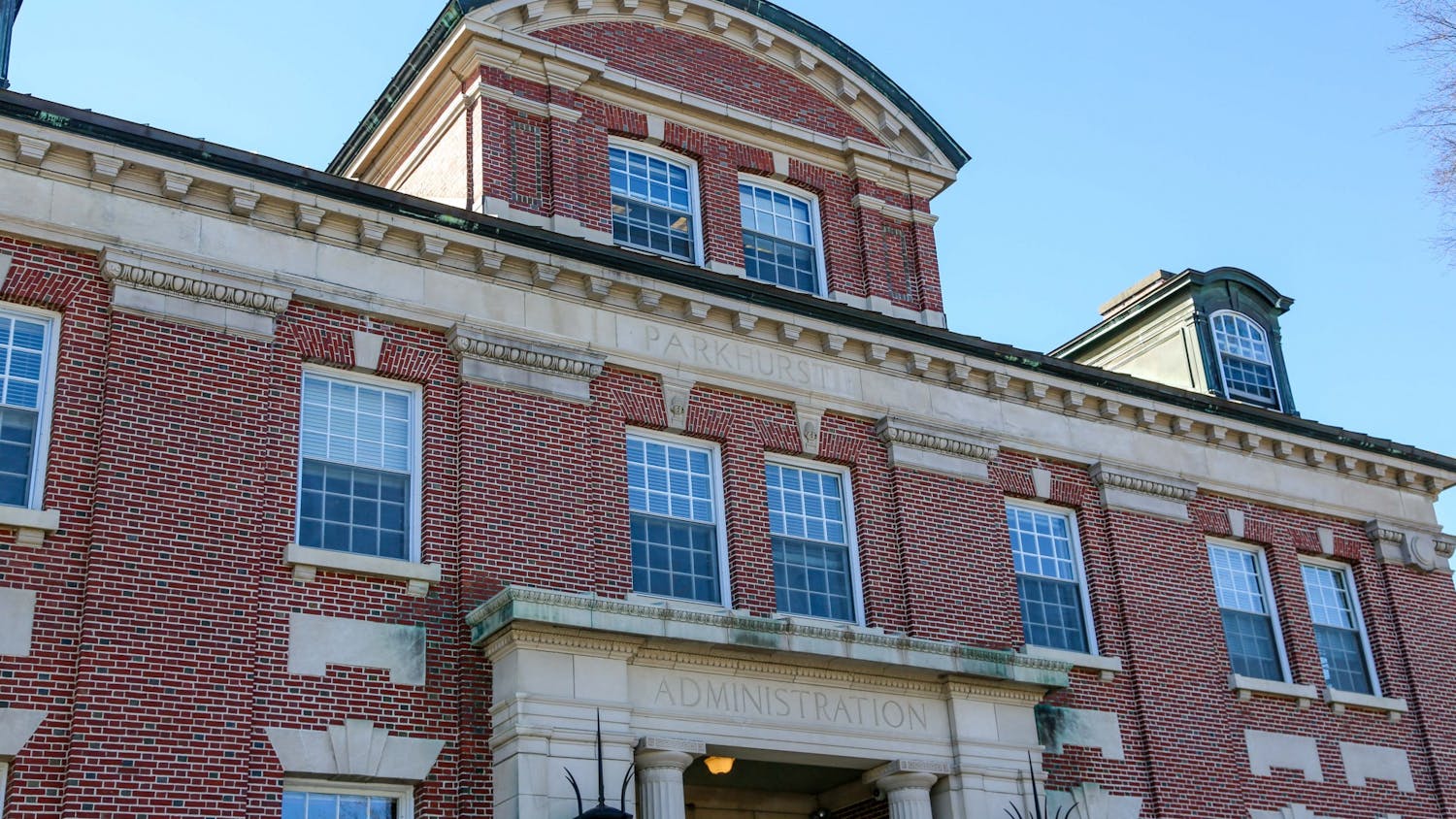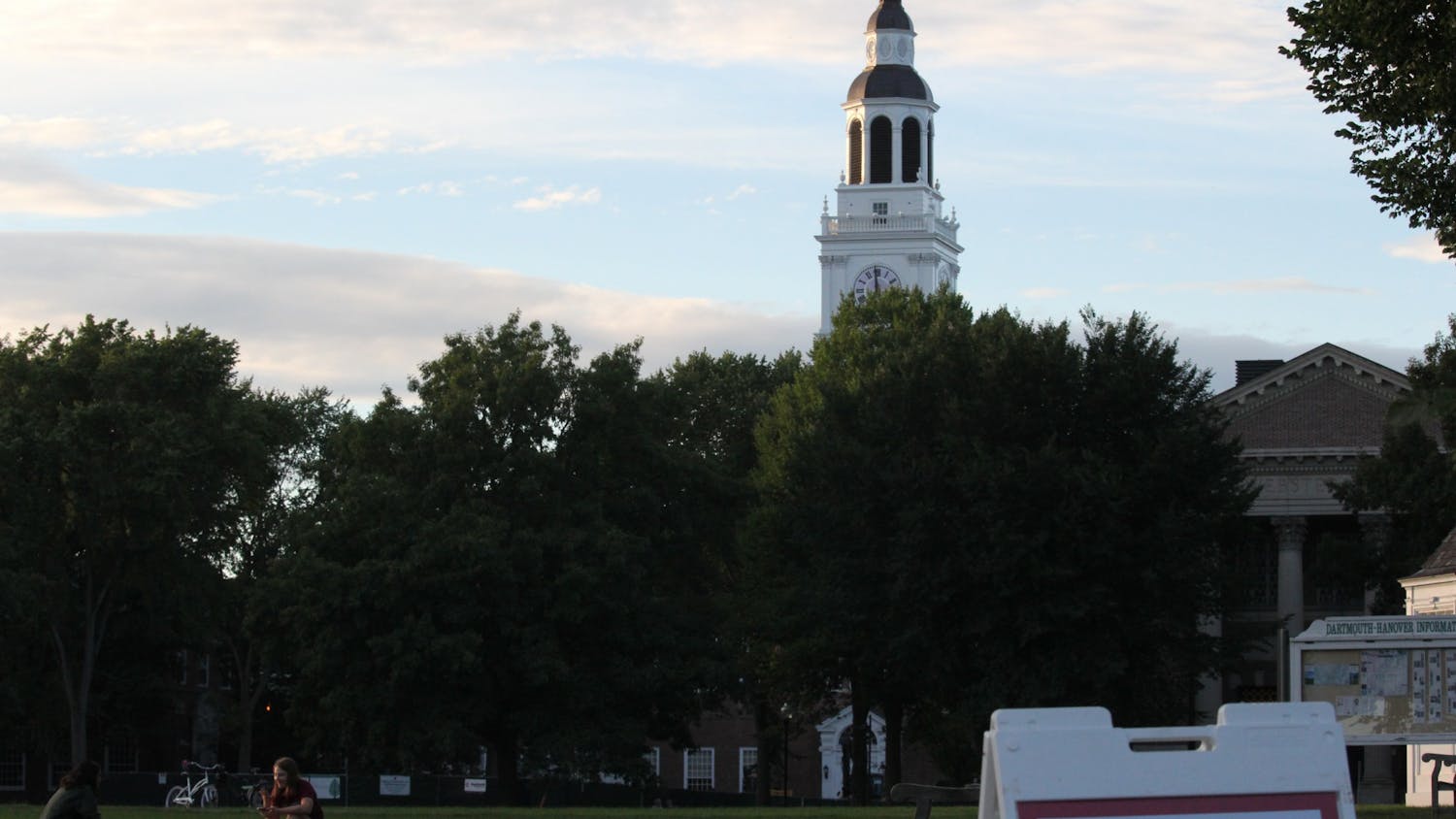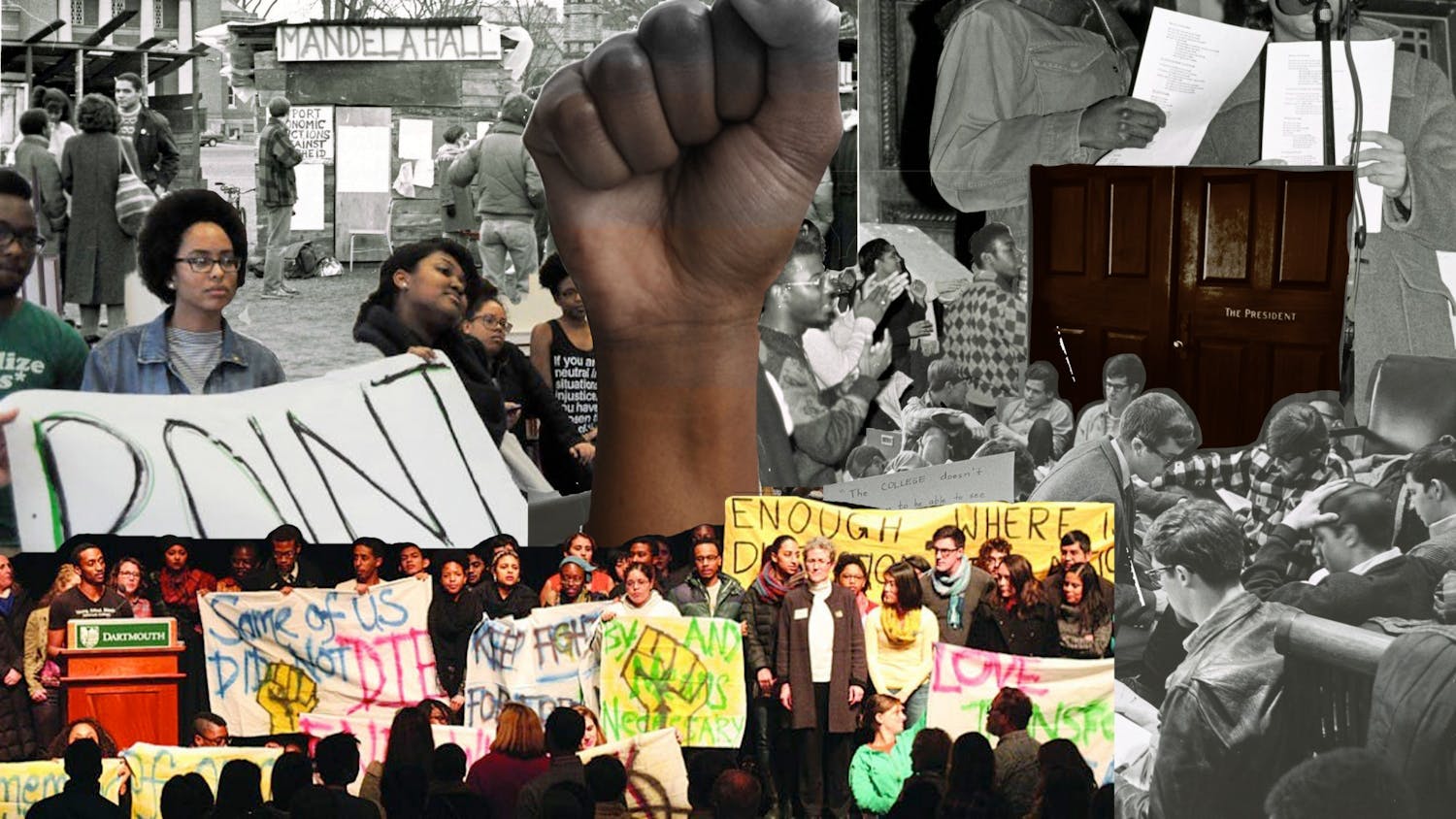This article is featured in the 2020 Fall special issue.
Living abroad has made the usual pandemic challenges, from time zone differences to difficulties receiving material shipments for class, even more difficult for many international students. While institutions like the Office of Visa and Immigration Studies have tried to keep students informed, some international students feel the College should do more to include them in the Dartmouth community.
A number of recent U.S. government policies, like a proposed rule that would limit the admission period for students from countries that are designed state sponsors of terrorism or have a visa overstay rate of 10% or greater to 2 years, have raised concerns among international students. In early July, U.S. Immigration and Customs Enforcement proposed new rules that would prohibit international students from remaining in the United States to take fully online classes. The College subsequently filed an amicus curiae brief in a lawsuit that ultimately resulted in the reversal of this rule. However, a subsequent update to the rule prohibits newly enrolled international students from coming to the US to take fully online classes.
Gerol Fang ’23 from Toronto, Canada said that Dartmouth hasn’t given her any notice about changing visa and immigration policies. She said she became aware of policy changes independently after seeing them in the news, but said that the College had not updated her since initial visa policy changes started earlier in the pandemic. She said that she wished the College communicated more information about new policies that may affect international students.
“As students I don’t think it should be expected of us to, every day, stay up to date on immigration law,” Fang said. “That’s not reasonable. It’s just such a complicated sphere of information.”
Athina Avrantini ’23, an international student from Athens, Greece, also said she felt that Dartmouth could be doing more to support international students during the pandemic. She added that she wished Dartmouth would include more information for international students in email correspondences with undergraduates, and said she felt that the College did not suitably recognize the unique challenges international students are facing.
“No one was even acknowledging that international students exist, which was definitely frustrating,” Avrantini said. She added that comments along the lines of, “we see you, we recognize that you’re facing some unique obstacles and we’re open to suggestions” in community emails would have been an improvement.
Though Fang and Avrantini expressed frustration over a lack of communication, OVIS director Susan Ellison wrote in an email statement that her office is “in regular contact” with international students, researchers, faculty and staff about government rule changes and internal procedure updates due to COVID-19.
Ellison added that OVIS has also engaged in campus events like virtual town halls specifically for international students. At these events, she wrote that OVIS is “sharing information about a Department of Homeland Security proposed rule that would have significant implications for our international students and exchange visitors.”
In addition to concerns about communications regarding ongoing immigration policy changes, international students also face challenges with time zones and shipping materials due to remote learning.
Avrantini said that it was difficult to maintain a reasonable daily schedule for her workday.
“When you’re in the same time zone as Dartmouth, at least you have a sort of structure … whereas when everything is shifted … being seven hours ahead of Dartmouth, that meant that my classes wouldn’t start until 5 p.m.,” Avrantini said.
Despite schedule concerns Avrantini said that her professors were all “very accommodating and understanding,” and have granted extensions for deadlines if time zone differences introduced complications.
Fang also said that she felt that her professors were accommodating, though she noted that receiving shipments of materials for class caused some challenges. For example, she was able to get class materials shipped to her in Canada for her spring course, CHEM 6, “General Chemistry,” but not the lab materials.
“[The lab materials] weren’t something that [were] needed necessarily — it was just a supplement,” Fang said. “When I asked, ‘If you can’t get this to me, what do I do?’ they were like, ‘You just don’t have it.’”
Avrantini said that outside of classes, her ability to participate in events like Center for Professional Development fairs and the Women in Computer Science Hackathon has been hindered by her time zone difference.
“I’ve been receiving emails from all of these clubs and organizations like Greek houses and rush events,” Avrantini said. “I’m not particularly interested in rushing, but it made me think ‘Oh, I couldn’t join all of these events because of time zone differences.’ And that really sucks.”
The pandemic, remote learning and changing immirgration policies have also led both Avrantini and Fang to make changes to their D-Plans. Avrantini said that she chose not to enroll in classes this term largely because of the struggles she has faced as an international student studying remotely.
“Online classes were hard enough in the spring with the added time zone difference,” Avrantini said. “I can’t imagine being able to perform as well as my peers who are in a similar time zone to Dartmouth. It definitely felt like the right choice not taking classes.”
By contrast, Fang was planning to take a gap year before she became aware of developing immigration policy that would require international students to complete their education within four years.
“I was so set on taking the term off throughout the summer,” Fang said. “And it was the week before classes started that I realized I had to take classes. It’s like everything I’m doing is dictated by immigration. This kind of onslaught of changes started with COVID.”
“Whenever I’m thinking about my D-Plan, I’m constantly thinking about visa status, which isn’t the best place to be positioned,” Fang added.
Avrantini said that for her, the challenges she has faced studying and engaging with the campus community remotely have hindered her ability to fully experience many of the things that made her choose to attend Dartmouth in the first place.
“It feels frustrating because you’re missing out on all these opportunities that are part of the reason why we went to Dartmouth,” Avrantini said. “A lot of international students choose to go to the U.S. for college not just because of academics, but also for this whole experience — all these opportunities with clubs and organizations and resources. And we just can’t take advantage of that when the times just don’t work for us remotely.”
Student Assembly vice president Jonathan Briffault ’21 said that the College should be doing more to recognize and remedy the struggles international students face.
“I think from an institutional perspective, one of the things we want to see is a more explicit acknowledgement of the difficulties that [international students] are facing,” Briffault said. “This term is not an equal experience for people across campus and across our community. And I think it's imperative that the College acknowledges which groups on campus are hit harder by the problems that this pandemic has caused.”





